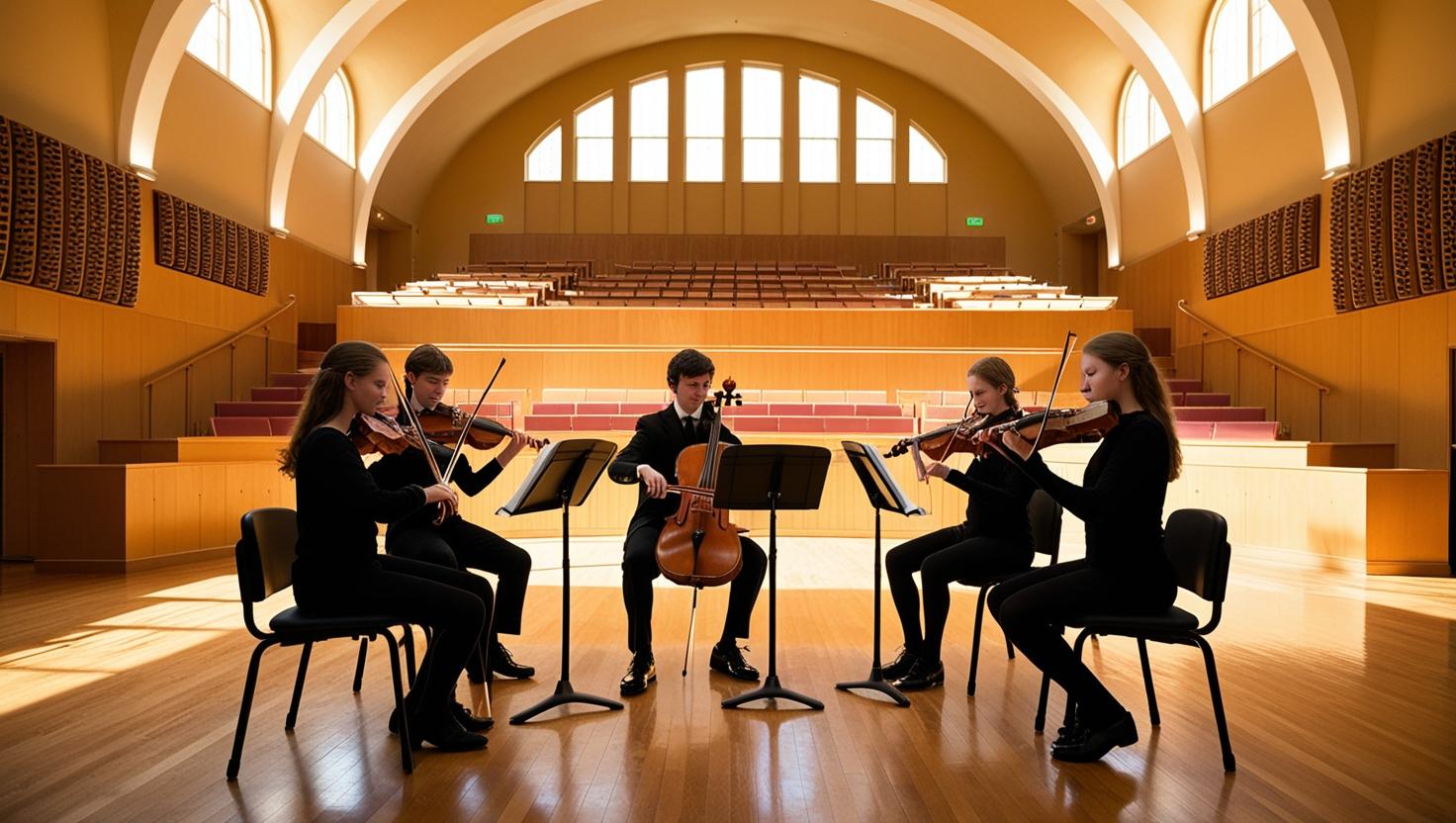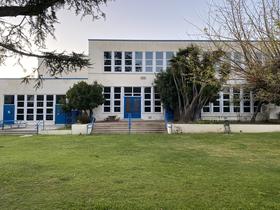The Private School Advantage: The Top Reasons To Send a Child To Private School
Are you thinking about sending your child to a private school?
- There are many reasons why you should consider sending your child to a private school.
- Most of us parents have had the same concerns as you do.
- We all want our children to receive the very best education possible so that they are positioned for success in later life.
Canva generated this picture of students playing in a string quartet.

Here's how to make that happen.
1. You want your child to receive specialized instruction from well-qualified instructors.
- Your local public school can develop an IEP or Individualized Education Program for your child.
- This is mandated by the Individuals with Disabilities Education Act.
- While your child's needs will indeed be identified and an instructional program devised for her, she will probably not receive as much individual attention as if she were in a private school with smaller classes.
- Depending on your area's public school district, resources are often spread very thin.
- When you send your child to a private school for special needs, she will be taught by credentialed, highly skilled teachers and paraprofessionals throughout the school day.
This video explains an IEP.
When your child has a learning difference, enrolling her in a private school





































